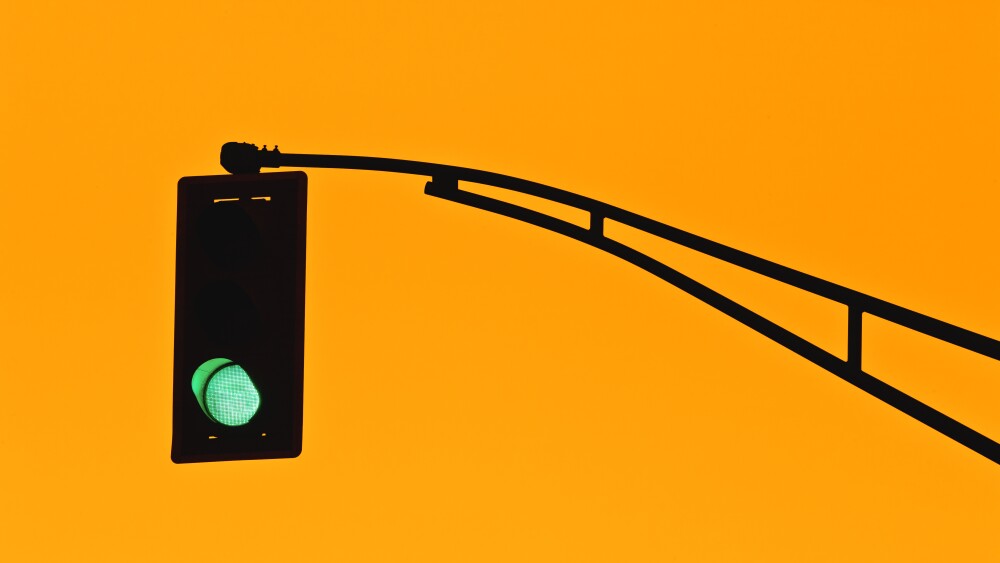The hold was placed earlier this year when the FDA asked for more preclinical data, but the agency was slow to respond due to ‘strain’ on its capacity, according to Neurizon.
The FDA has lifted a clinical hold placed on Neurizon’s investigational drug for amyotrophic lateral sclerosis, clearing the way for the treatment to begin in-human testing, the Melbourne-based biotech announced on Monday.
In February, the FDA placed a hold on an investigational new drug (IND) application for NUZ-001, Neurizon’s candidate for ALS and other neurodegenerative diseases, citing the need for more preclinical animal exposure studies. At the time, the company stressed that there were no identified safety issues with the drug.
Getting the program back on track proved challenging, however. Despite producing new preclinical data in rats and dogs and submitting a clinical hold complete response letter in July, with the expectation of a response within 30 days from the FDA, the agency said in August that the company could expect a response by Oct. 3.
The timeline for the clinical hold was longer than expected, according to Neurizon, because of issues on the FDA’s end—namely, the mass layoffs that have hit the agency since the Trump administration took office. “This delay is not a reflection on the quality or completeness of Neurizon’s submission but rather the result of broader strain in the FDA’s capacity caused by agency-wide restructuring and staffing reductions under recent administrative reforms, impacting the FDA’s ability to maintain timely review cycles,” the company said in an August statement.
“We are deeply grateful to the key opinion leaders (KOLs) and patient advocacy groups whose steadfast support and engagement were instrumental in shaping and advancing this program,” Neurizon CEO Michael Thurn said in the company’s statement announcing the hold’s lift. “Their efforts in raising awareness and lobbying for the urgent needs of the ALS community have been invaluable in helping us reach this point.”
With the hold lifted, NUZ-001 can now enter into a clinical trial as part of the broader HEALEY ALS Platform Trial, a privately funded, “perpetual adaptive trial” studying potential therapies for ALS. Neurizon expects Mass General Hospital, which hosts the HEALEY trial, to file a protocol amendment to its IND as part of HEALEY, aiming to start enrolling patients in the fourth quarter of 2025.
HEALEY has not met with great success since its founding in 2020, however, mirroring the difficult development path for investigational ALS drugs in general. New molecules from Denali, AbbVie and Calico, as well as a host of others tested through HEALEY, have all failed. Only two companies working through HEALEY, Prilenia Therapeutics and Clene, have managed to produce enough positive biomarker data to progress their molecules.






